Did you know Beethoven was profoundly deaf and suffered for years, trying to discover what ailed him? This article about the cause of Beethoven's illness descirbes his frustration with the lack of answers. Does this journey and frustration feel similar to what you're experiencing?
Over the years, Beethoven consulted many doctors, trying treatment after treatment for his ailments and his deafness, but found no relief. At one point, he was using ointments and taking 75 medicines, many of which most likely contained lead.
In 1823, he wrote to an acquaintance, also deaf, about his own inability to hear, calling it a “grievous misfortune,” and noting: “doctors know little; one finally tires of them.”
He was even suicidal, but continued on, in order to express what was his gift to share:
When he was 32, Beethoven mourned that he could not hear a flute, or a shepherd singing, which, he wrote, “brought me almost to despair. A little more and I would have committed suicide — only Art held me back. Ah it seemed unthinkable to leave the world until I had brought forth all that I feel lies within me.”
I'm writing about his experience because when you have a chronic condition, it can feel like all you want is to return to 'normal' or get 'out of pain.'. But the drive towards purpose is bigger than that, and it is ultimately what carries you through. This choosing, this intention, is why I included this concept of making a choice in my book, When Things Stick: Untangling Your Body From Old Patterns. Being deliberate in how you move forward is the energy that moves you through. It's whole-hearted commitment to want more. If you just reach to fix a problem or correct an issue, you miss the larger opportunity to make changes that matter.
In the structure of his 9th Symphony, Beethoven expresses this full arc of experience:
The first movement is a depiction of despair, Beethoven wrote. The second movement, with its loud kettledrums, is an attempt to break through the despair. The third reveals a “tender” world where despair is set aside, Beethoven wrote. But setting aside despair was not enough, he concluded. Instead, “one must search for something that calls us to life.”

